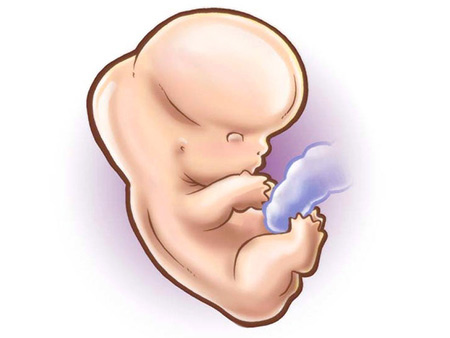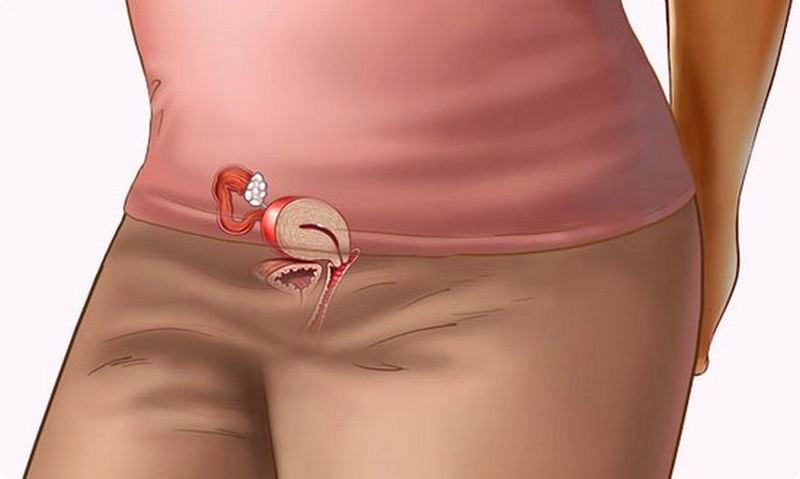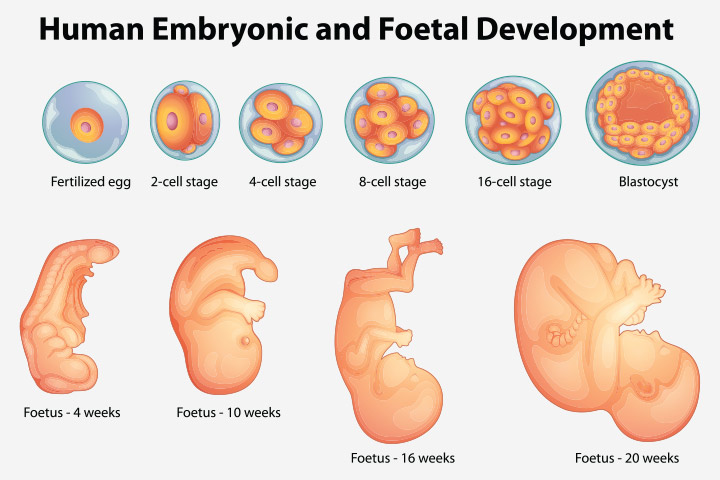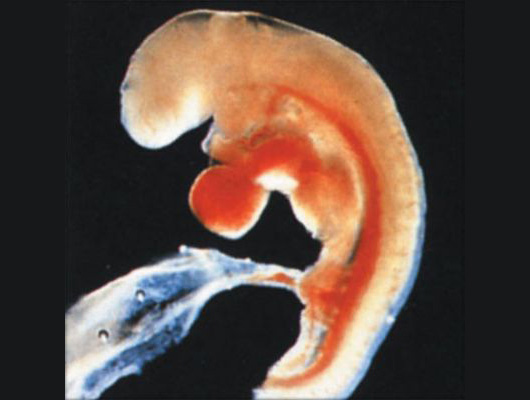10 weeks pregnant
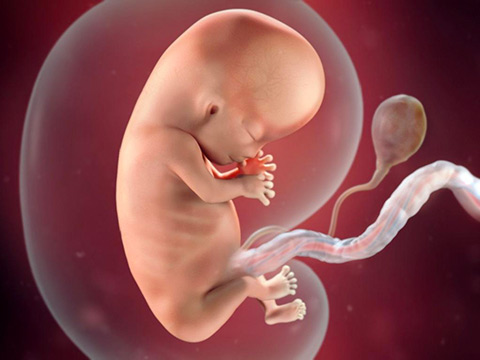 You are 10 weeks pregnant or 8 weeks after conception. Now your baby is almost an inch and a half! She weighs almost 0.18 oz or 5 grams. Your baby’s body is now a tiny orchestra, with all of its organs working now as a team. Her brain, nervous system, and other organs are continuing to develop very quickly.
You are 10 weeks pregnant or 8 weeks after conception. Now your baby is almost an inch and a half! She weighs almost 0.18 oz or 5 grams. Your baby’s body is now a tiny orchestra, with all of its organs working now as a team. Her brain, nervous system, and other organs are continuing to develop very quickly.
Baby
The baby spontaneously moves more and more at this week. Her brain is growing at an astonishing rate, and the hemispheres of the brain are dividing.
Does she even have teeth? Yes! Her little mouth is forming teeth buds.
If he’s a baby boy, testosterone, a hormone necessary for male development, will form this week.
Developmentally, your baby will have gained some new parts by this time. She will have formed most of the joints: elbows, knees, shoulders, wrists, and ankles. The hands will have fully developed fingers and toes.
Mother
You probably have already scheduled a prenatal visit around this time. Ask you care provider about the scheduling for your first ultrasound. Guess what, your baby may be ready for that first ultrasound, and you may hear her heartbeat!
By this week your body will have changed a bit more in response to your pregnancy. You may find that your morning sickness may slow down. You will find that you are less and less nauseous as time goes on. Unfortunately, you may become more moody than in the previous week. This is due to the hormonal changes from you pregnancy. After delivery it will go away and for all your patience you will have a beautiful baby to bring home.
Your body will also produce about 40 to 50 percent more blood during your pregnancy, remember you need blood for two now. This may result in your veins in your belly, legs, and breasts being a little more visible. You may also develop varicose veins.
Nutrition
Now your baby’s growing fast. You’ll need to call the calcium cavalry: don’t let your bones supply this need. Get it from milk, soy (tofu), yogurt and cheeses. Prenatal vitamins help too, but there’s a limit your body can absorb each day.
A very important part of your baby’s development is the necessity for you to eat correctly. This is because your baby is a drain on your nutrients and this is not a problem if you eat a well balanced diet.
Another factor that may hinder your baby’s growth includes cigarette smoking, drugs, both over the counter medications and prescriptions, as well as street drugs. This is because many of these actions slow down the blood flow to your uterus, which will in effect slow down the delivery of nutrients, and oxygen to the placenta and your baby.
Healthy pregnancy weight gain
- If you had a normal weight before you were pregnant (BMI of 18.5-24.9), then you can gain 25 to 35 pounds during pregnancy (11.3-15.8 kg).
- If you were overweight (BMI of 25-30) before pregnancy: gain 15 to 25 pounds during pregnancy (6.8-11.3 kg).
- If you were underweight (BMI < 18.5) prior to pregnancy: gain 28 to 40 pounds (12.7-18.1 kg) during pregnancy depending on your pre-pregnancy weight.
- If you were obese with BMI > 30 you should gain 11 to 20 pounds (5-9 kg).
- If you have twins, triplets or more: see your health care provider. You will need to gain more weight than during a “singleton” pregnancy.
Consult your physician first concerning weight: depending on your medical circumstances, these recommendations can definitely change.
Oral care
Your gums are more prone to get infected at this stage in pregnancy. The American Academy of Periodontology recommends that you see your dentist at this time. Why? Not only your oral care is a concern, but your baby’s health is a concern as well. Studies have shown that preterm deliveries and low birth weights are linked to poor oral conditions. Why? There are a lot of bacteria in everyone’s mouth. But when it gets to the blood, some chemicals in bacteria can also induce early labor! And smoking makes this worse.
To help, brush twice a day, and floss too. You’ve heard the “drill”, avoid sugary snacks, which break down your teeth enamel. If you vomit from morning sickness, wash your mouth out: it has acids that hurt your teeth too.
The Rh factor
Your doctor will also test you for your Rh factor. Blood cells make this substance. If yours don’t make it, then you are “Rh negative”. If so, and your baby’s blood cells do make Rh, then if your baby’s blood ever reaches your blood, your body can react to it and complications will arise. Talk to your doctor or healthcare provider about the best strategy to take concerning Rh Incompatibility.
Remember, if you have any questions concerning your baby’s development or your pregnancy you should speak to your healthcare provider.



